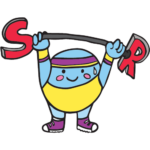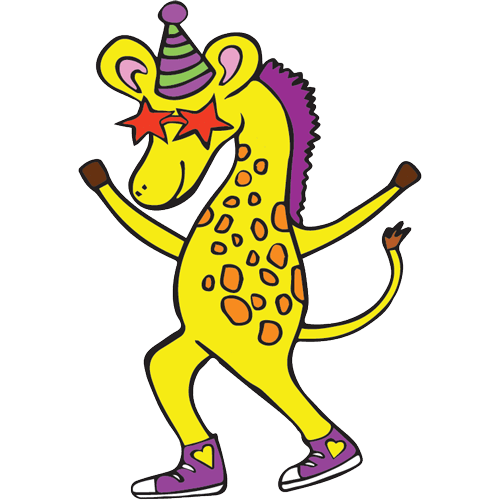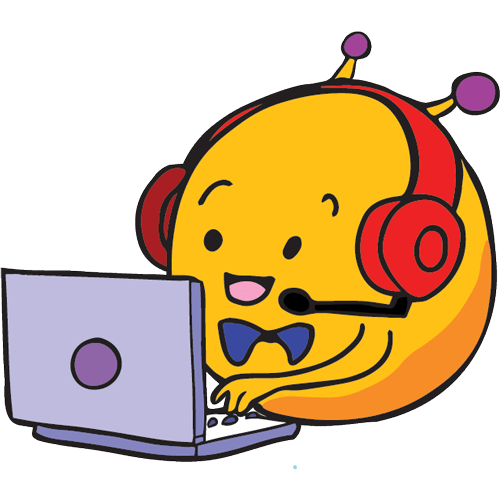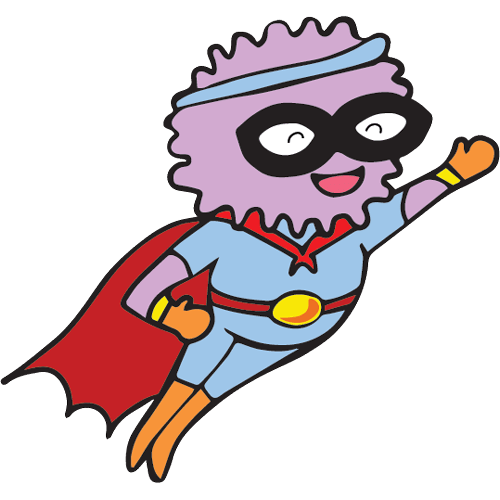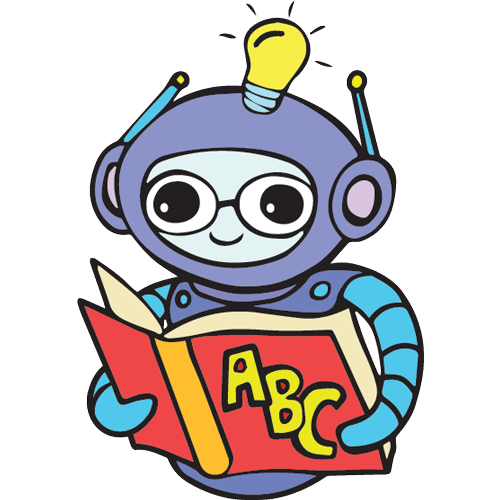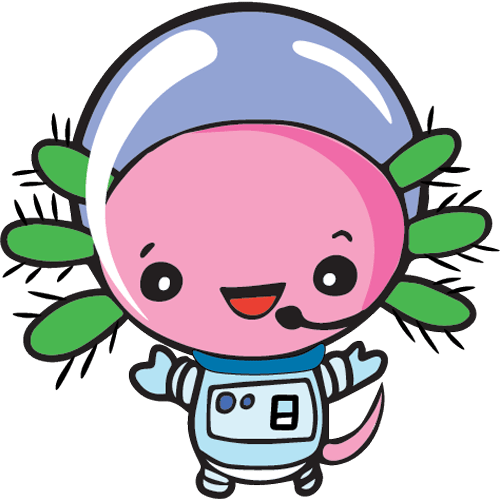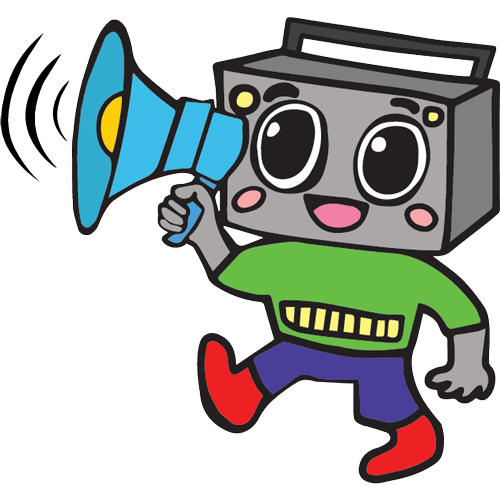The Journey to Reclaiming Language: Tackling Expressive and Receptive Language Disorders Post-Stroke
Aphasia Journey: Retraining Receptive and Expressive Language Skills.
Language is a fundamental aspect of our human experience, helping us connect to the people we love and the world around us. When a stroke occurs, language skills can be interrupted or altered making it difficult to engage in relationships and activities of daily living with the same ease and effortlessness we once knew.
If you or a loved one is navigating the complexities of word-finding difficulties or a language disorder after a stroke, remember that you are not alone. In this blog, we’ll review why language disorders occur following a stroke, characterize symptoms such as word-finding difficulty, and discuss options for effective, evidence-based speech therapy for adults. We’ll also review Open Lines’® state of the art aphasia treatment programs with tailored speech therapy exercises that will help you or a loved one retrain and regain communication. Through our programs, we strive to help you get back to doing what you love most.
With the right support, guidance, and evidence-based intervention, individuals can embark on a path of recovery that leads to meaningful communication and enhanced well-being.
Understanding the Impact of a Stroke on Language Skills
When a stroke occurs, it interrupts the vital supply of blood and oxygen to the brain causing a disruption to neurological function in certain areas. When regions of the brain responsible for comprehending and expressing language are affected, changes to language skills often ensue. The medical term for these language difficulties is aphasia.
Aphasia is an umbrella term that refers to varying degrees of difficulties across four primary areas:
- Auditory Comprehension: Understanding spoken language.
- Reading Comprehension: Difficulty interpreting and comprehending written language.
- Spoken Expression: Difficulties sharing thoughts and ideas verbally and word-finding difficulty.
- Written Expression: Challenges in conveying thoughts through writing.
Receptive Language: Grasping the Message
Receptive language involves the ability to understand spoken or written language. It’s the internal process of making sense of the information presented, decoding words, interpreting the relationship between words, and comprehending the intended message. When receptive language is compromised, individuals may struggle to follow conversations, process written instructions, or engage in any activities that demand understanding through language.
Expressive Language: Finding the Right Words
Expressive language, on the other hand, encompasses the ability to convey thoughts and ideas using spoken or written language. It involves organizing, linking, and sequencing ideas. Expressive language disorders can manifest as word-finding difficulty, challenges constructing grammatically correct sentences, or conveying complex ideas.
It’s important to note that individuals may experience any mix of receptive or expressive language disorder symptoms and these symptoms can vary widely in severity.
Impact on Everyday Activities
Given how thoroughly language is woven into daily activities, one can appreciate the monumental impact that any interference with language function can have on a person’s sense of well-being.
Imagine trying to schedule an appointment and the struggle of juggling multiple dates and times due to trouble comprehending words and numbers. Or, the frustration of trying to organize ideas and finding the words needed to ask your doctor about a prescribed treatment protocol or sharing a feeling with a friend.
Many are confronted with these kinds of challenges, multiple times, daily. It can feel exhausting and overwhelming.
Navigating Change with Hope: The Role of Speech Therapy
A change in language abilities, or aphasia, for some, is nothing short of terrifying. Fortunately, decades of research and clinical experience demonstrate that most individuals facing language impairments following a stroke experience improvements given the right aphasia treatment.
This is because of the brain’s remarkable neuroplasticity. That is its capacity to reorganize and adapt by forming new neural connections. This biological phenomenon is the driving force behind aphasia treatment and recovery. Research indicates that specific, targeted speech therapy exercises, delivered with the right intensity, can lead to neuroplastic changes in the brain. This occurs by strengthening and retraining neural circuits to improve specific language skills.
The Pivotal Role of Speech-Language Pathologists
Seeking speech therapy for adults from an experienced licensed speech-language pathologist (SLP) is a pivotal component of maximizing language rehabilitation gains. Research indicates that intensive aphasia treatment, spanning one to four hours daily, five days a week, significantly enhances understanding, speaking, reading, and writing abilities for individuals with aphasia.
At Open Lines®, we understand the complexities of living with communication challenges as well as the steadfast determination that is required to navigate the journey of language recovery to meet one’s goals.
This is why our team has developed one of the world’s only, highly specialized, intensive aphasia treatment programs specifically for individuals retraining language skills after a stroke. Our expert clinicians, renowned globally and published in scientific journals, are at the forefront of aphasia research and aphasia treatment.
All of our intensive cognitive and aphasia programs begin with one-to-one in-depth assessments. By using a series of tests that examine different aspects of language and communication, results help your SLP understand your strengths, needs, and goals. An SLP will consider medical history as well as responsiveness to trialed speech therapy exercises and consider how these difficulties may affect one’s ability to work, interact with people, and/or carry out daily activities.
Individualized plans address specific strengths, weaknesses, and goals, incorporating diverse speech therapy exercises and techniques to facilitate progress in daily activities, work, and social interactions.
Each treatment plan includes research-based approaches grounded in principles of neuroplasticity and will incorporate impairment-based speech therapy exercises as well as functional activities that simulate your daily activities to help you carry these skills into your everyday life. We aim to help individuals regain the ability to functionally communicate in everyday situations, reduce word-finding difficulty, and establish skill sets and strategies to enhance the quality of life and life participation.
Language Rehabilitation: Understanding, Support, and the Unwavering Belief in the Power of Recovery
With the right support, guidance, and evidence-based speech therapy exercises and aphasia treatment, individuals can embark on a path of recovery that leads to the restoration of meaningful communication.
At Open Lines® Speech, our mission is to be a guiding light in this journey, offering not just aphasia treatment but also hope. Our programs, led by world-renowned clinicians, exemplify our dedication to the science and art of language rehabilitation. If you or a loved one is navigating the complexities of aphasia following a stroke, remember that you are not alone. Language rehabilitation begins with understanding, support, and the unwavering belief in the power of recovery.
If you’re struggling with communication difficulties, it’s time to turn to Open Lines®. Contact us via phone (212-430-6800), email [email protected], or by filling out our convenient contact form. Improve your communication skills and unlock your potential with Open Lines® Speech and Communication in New York today!
Get in Touch With Open Lines®


